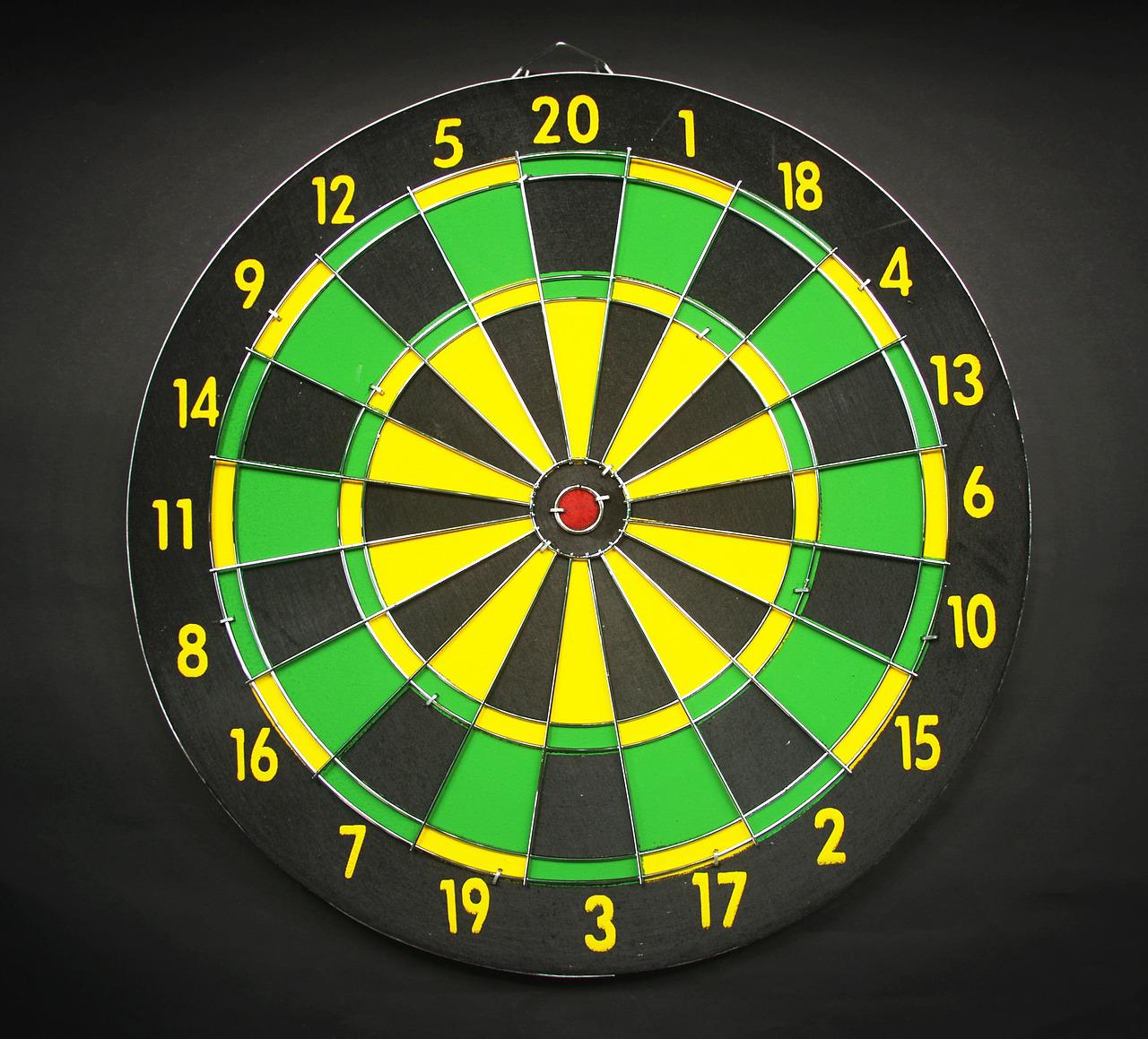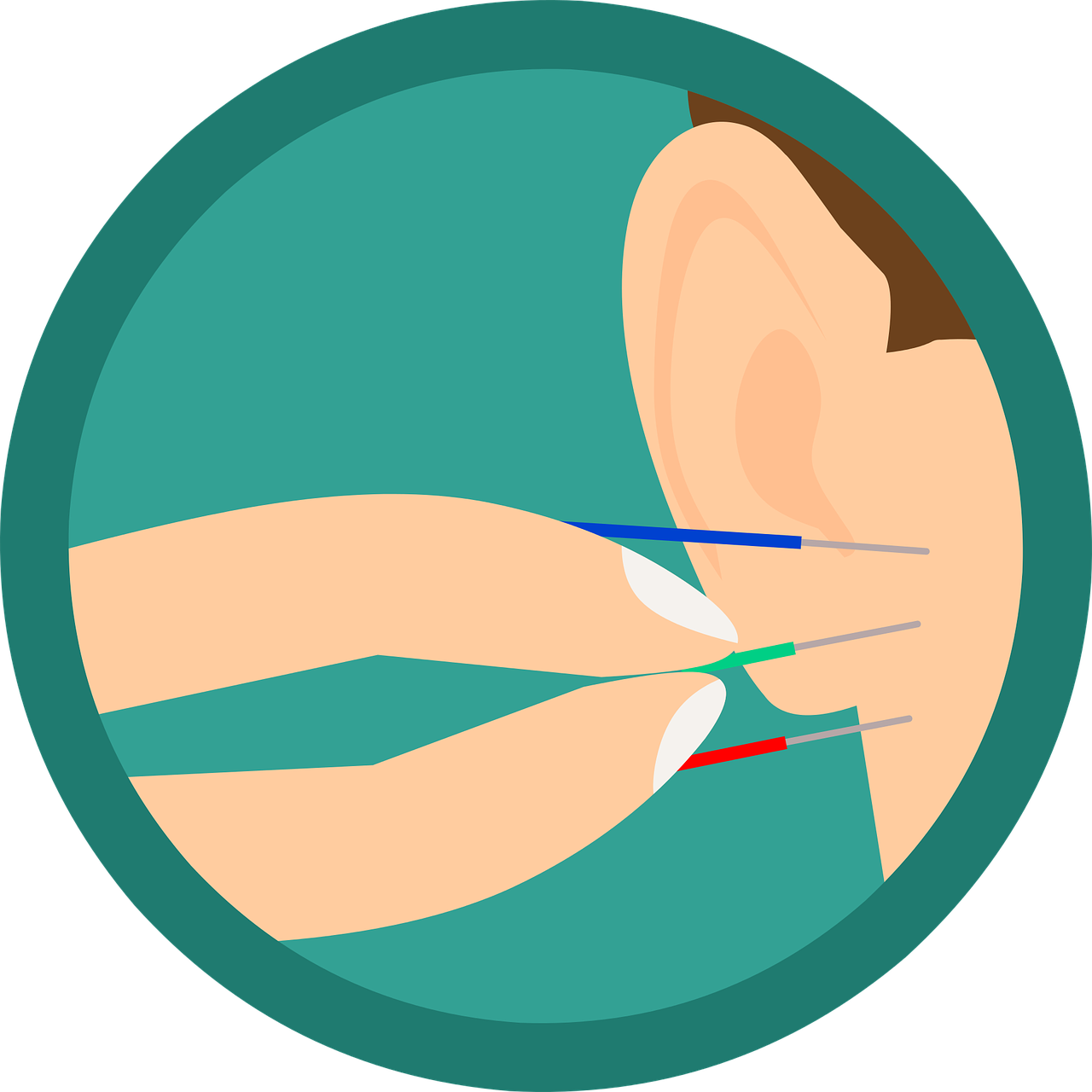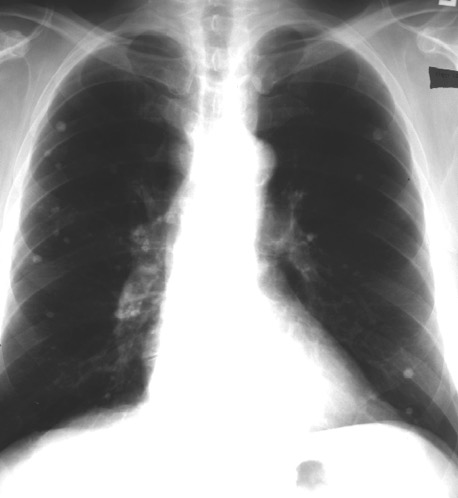
Last week we discussed the Top Nine Signs You Are Ready To Take Call. So, I figured I would not do justice to the topic of being ready for call without also creating a list of those signs that you might not be ready to take radiology overnights. Therefore, I have dedicated this list to those that think they are ready but are not. Maybe this is you? Check it out if any of these signs apply to you!
Never Double Checks Anything (Anything Goes!)
Our words matter, and anything that you say, the ER can use against you later on. If you recommend another test, guess what? You will probably get that test the same night! So, the resident who never checks their dictations to make sure everything makes sense and is corrected is in a world of hurt.
Anger Management Issues
If you constantly fight with your fellow residents or, even worse, your faculty, you probably need to settle down a bit before taking overnights. Ready residents can control their anger and not take it out on others because they know what they are doing. If you are in the former category, think about why that is!
You Repeat The Nighthawk Dictation Verbatim
If you rely on the nighthawk dictation as a crutch, it probably means you are not ready to strike it out on your own. You should go through every case as if it is new, even if another radiologist has already dictated it. You never know what they are going to miss. And, you certainly don’t want to miss the same things!
Never Looks Up History/Priors/Call For More Information
If you think you know it all and don’t ever need additional history or the need for priors, you are in for a rude awakening. The number of findings that you miss will be incalculable. And, you will miss the point of your imaging studies more often! It is one surefire way to mess up your cases at nighttime!
Assumes The History Is Correct And Relies On It Explicitly
Using history as a crutch is an elementary mistake that can lead to disaster. I can’t tell you how often the ER calls for hepatobiliary scans to rule out cholecystitis, even though the patient doesn’t even have a gallbladder! We need to check and recheck our work and compare it to priors to ensure we are doing a good service for the patient!
Disorganization And Routinely Forget Cases
If you forget to read films or complete your work during the daytime, do you think you will remember to finish everything at nighttime? Disorganization can lead to disaster. You can wind up dictating the wrong case on the wrong patient if you don’t watch what you are doing. So, get yourself into shape before starting!
Cannot Get Through The Daytime Cases on Time
It’s not just accuracy that matters at nighttime. Speed is critical as well. And, if you cannot get through work during the daytime, what makes you think you will get through everything at night? Cases will often come in batches, and everyone needs a timely report when this situation happens. Make sure that you are up to the task!
Only Knows The Aunt Minnie Diagnoses And Never Scrolls Through Cases
There is a big difference between knowing the diagnosis based on a solitary image and having to make your finding on an entire case that has hundreds of pictures. If you think you can get through your studies without the experience of scrolling through lots of cases, you will have lots of problems when you have to make all the findings at night.
Unintelligible Dictations
Do your attendings always tell you to edit your dictations because they can’t understand what you are trying to say? Well, listen to these folks very carefully. Dictations are the final product of what radiologists do. And, if you cannot say something intelligible, you have no business being on call!
Lack Of Rigorous Search Patterns
Every resident needs a rigorous search pattern when they are working at nighttime. Lacking a search pattern is a recipe for missing all the critical findings. If you never look for the spleen, you will never know it is absent. And so on. Hone in on your search pattern skills before starting to take call!
Are You Not Ready For Call Yet?
If one or more of these signs describes you, you may not be ready to take your first call. However, there is still a bit of time. So, go ahead and make adjustments before it’s too late!
















